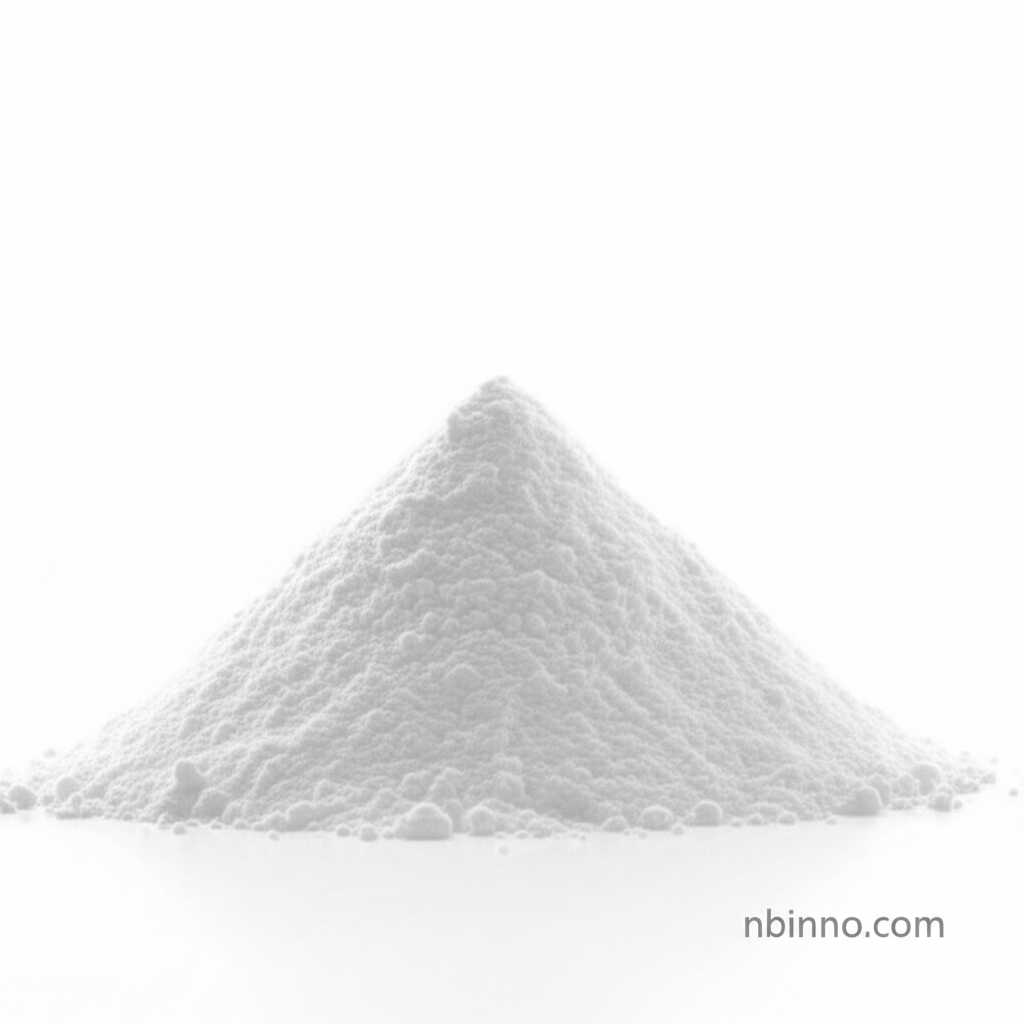N-Methyl-L-serine Hydrochloride: A Versatile Amino Acid Derivative for Advanced Research and Development
Unlock novel applications in neuroscience, dermatology, and beyond with this specialized amino acid derivative.
Get a Quote & SampleProduct Core Value

N-Methyl-L-serine hydrochloride
N-Methyl-L-serine hydrochloride (NMS) is a unique amino acid derivative that plays a critical role in various advanced research and development sectors. Its modified structure offers distinct biological activities compared to its parent compound, L-serine, making it a valuable tool for scientists and formulators.
- Enhances NMDA receptor function: Research indicates that N-methyl-L-serine hydrochloride acts as a co-agonist at NMDA receptors, crucial for synaptic plasticity and learning.
- Stimulates hyaluronan production: In dermatological applications, NMS promotes the synthesis of hyaluronan in skin fibroblasts, contributing to improved skin hydration and elasticity.
- Key building block for peptide synthesis: Its specific structure allows for incorporation into peptides, enhancing their stability and therapeutic efficacy in pharmaceutical development.
- Potential neuroprotective agent: Studies suggest NMS could be beneficial in treating neurological disorders by modulating neurotransmitter systems.
Advantages of Using N-Methyl-L-serine hydrochloride
Advanced Neurological Research
Explore the intricate roles of neurotransmission by utilizing N-methyl-L-serine hydrochloride in your neuroscience studies, focusing on NMDA receptor modulation.
Dermatological Innovations
Leverage N-methyl-L-serine hydrochloride for its potent ability to stimulate hyaluronan synthesis, a key component in advanced skincare and anti-aging formulations.
Enhanced Peptide Therapeutics
Incorporate N-methyl-L-serine hydrochloride into peptide sequences to improve proteolytic stability and pharmacokinetic properties for novel drug development.
Key Applications
Neuroscience
Investigate neurotransmitter systems and brain function with N-methyl-L-serine hydrochloride, a compound known to influence NMDA receptor activity.
Cosmetics & Skincare
Utilize N-methyl-L-serine hydrochloride for its demonstrated ability to boost hyaluronan production, a highly sought-after ingredient for skin conditioning.
Pharmaceutical Development
Employ N-methyl-L-serine hydrochloride as a critical building block in the synthesis of novel therapeutic peptides and small molecules.
Biotechnology Research
Utilize N-methyl-L-serine hydrochloride as a biochemical probe to understand amino acid metabolism and its role in cellular signaling pathways.
